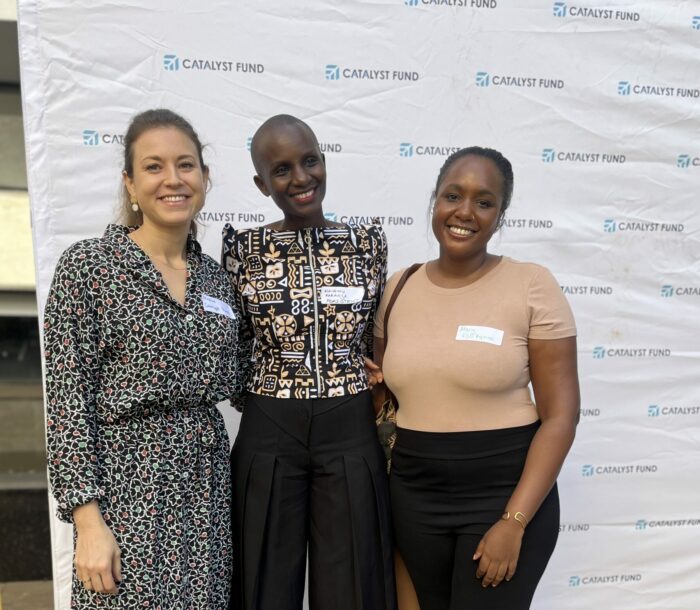Green Energy Projects: Africa receives a high level of solar irradiance, making it one of the continents with the greatest potential for solar energy. On average, much of Africa experiences more than 2,000 kWh/m²/year of solar irradiance, with some regions, particularly in the Sahara Desert, receiving over 2,500 kWh/m²/year. Africa’s vast renewable energy resources, including solar, wind, and geothermal, represent a significant untapped potential, with just 1% of its solar generation capacity being tapped. Climate tech can facilitate the development and scaling of renewable energy projects, contributing to energy security and global efforts to reduce carbon emissions.
Agricultural Innovation: Though 70% of the food in Africa is produced by smallholder farmers, they have limited access to adaptation technology. Agriculture is a major economic activity in Africa, providing employment for about two-thirds of the continent’s working population. Several technologies are emerging as game-changers for agriculture in Africa, offering innovative solutions to enhance productivity, sustainability, and resilience in the sector, in order to improve yields, reduce losses and ensure that we can grow food production while reducing greenhouse gasses to develop and expand agricultural technology across Africa.
Carbon Sequestration and Trading: With covering about one-third of the world’s habitable land, Africa has the potential to play a key role in global carbon markets through reforestation, afforestation, and sustainable land management projects. Climate tech can enable the monitoring and verification of carbon sequestration efforts, opening new revenue streams for countries and communities.
Waste to Energy and Circular Economy: Technologies that convert waste into energy or reusable materials can address waste management challenges while contributing to the circular economy, reducing environmental impact and generating economic benefits.
Water Conservation and Management: Scientists predict that by 2025, nearly 230 million Africans will face water scarcity, and up to 460 million people will live in water-stressed areas, highlighting the urgent need for action to address this critical issueInnovative climate tech solutions in water management can address these challenges of water scarcity and quality which are essential for human health, agriculture, and industry.
Fintech: Fintech possesses the capacity to underpin the financial infrastructure across all the aforementioned sectors, thereby bolstering each one’s objectives through enhanced financial mechanisms and support.
Currently, the two largest investment opportunities in Africa are fintech and climate tech, respectively. Examples of existing business models include the above mentioned sectors. As Persistent has more than a decade of experience investing in renewable energy projects across Africa, we are excited about the opportunity to expand our investments into even more emerging sectors that are focused on reducing greenhouse gasses and building a more resilient economy.
